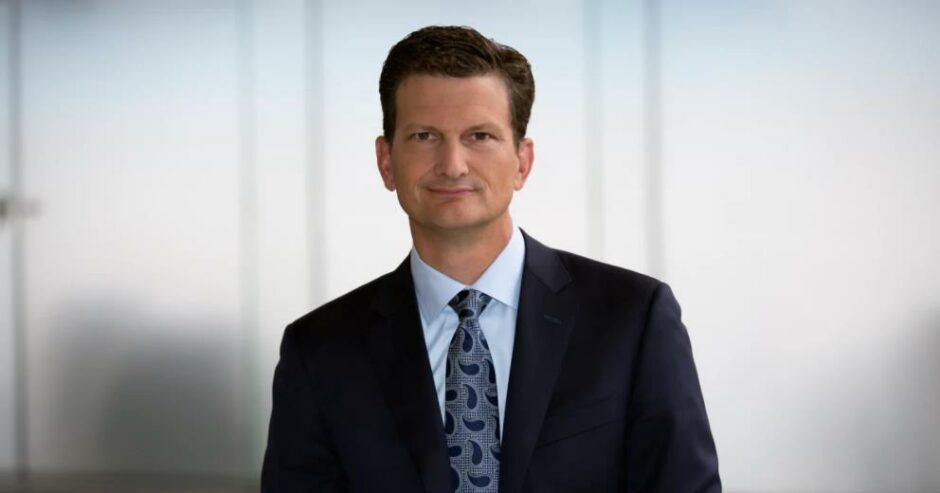
On September 16, 1987, a historic event took place in my home country of Canada. The Montreal Protocol on Substances that Deplete the Ozone Layer was signed by 46 nations and territories and later ratified by all 197 United Nations members.
After years of debate, dispute, and dialogue, between governments, business, and so many different stakeholders, its effect was huge. Within the next thirty years, the ozone layer could return to 1980 levels.
Decisive, collective action made a difference.
Today, the world faces a continual onslaught of challenges — from climate change to inequality, social injustice to biodiversity loss. Next month, political and business leaders will meet in Glasgow for another event that has the potential to change the course of history – COP26. The UN’s Antonio Guterres was not using hyperbolic language when he warned recently that the planet is ‘on the verge of an abyss.’
With such dramatic, existential threats looming, the lessons from business leaders only three decades prior are prescient. The Montreal Protocol remains one of the most successful international treaties ever designed for good reason. Its success came down to business acknowledging they needed to act. Once the political decisions were made, companies took their responsibilities seriously – investing and innovating. New, safer products were introduced, minimising the impact on our everyday lives.
In other words, it took everyone acknowledging they have a role, working together, to achieve a goal. This is the journey we all need to take today: decisive, collective action.
In my capacity as the Global Chair and CEO of a major financial and business organisation, I understand the difference I, and my 227,000 colleagues, can make. We have a unique position— supporting clients from many different sectors, convening groups from across all of society, and working in nearly every country on the planet. That unique position demands that we act.
Across KPMG, we’ve set ourselves the goal to make the environmental, social and governance (ESG) agenda the ‘watermark’ running through everything we do. We are investing nearly $2 billion over the next three years on environmental, social and governance (ESG) initiatives—from setting up new regional hubs providing ESG solutions to clients around the world to forming new alliances with Cambridge University and New York University aimed at providing accredited ESG training for our entire global workforce. Putting our purpose at the heart of everything we do is a significant step in the right direction, but I’m fully aware it’s only one part of the story.
In KPMG’s recent CEO Outlook, 58% of CEOs recognized that intensifying pressure from investors, employees and customers was demanding increased ESG reporting and transparency. Governments and standard setters around the world are ramping up new regulatory requirements and global reporting frameworks, further increasing the pressure on businesses.
Now, more than ever, we need to act together. Governments and businesses, together. The business world is awash with talent and innovation. There is the expertise and the foundations to make a difference. We have the tools and technology to build a more sustainable future. But, for it to work, we need bold, brave decisions that march in tandem with greater public-private collaboration.
The world faces an inflection point. Maybe even a series of them. But we all have one simple decision to make: choose to work together or face an uncertain and unstainable future. The global
pandemic taught us just how effective international co-operation combined with a collective sense of urgency can be.
We’re all leaders, and it’s time for us all to lead.
Bill Thomas is Global Chairman and CEO of KPMG
Recommended for you
